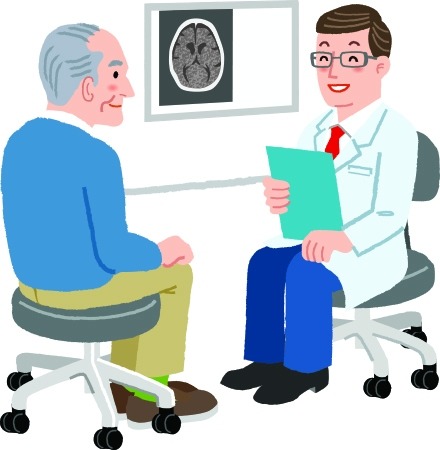Posts Tagged ‘Journal-of-the-American-Medical-Association’
To screen, or not to screen (for dementia), that is still the question
A leading group of medical experts on Tuesday declined to endorse cognitive screening for older adults, fueling a debate that has simmered for years. The U.S. Preventive Services Task Force said it could neither recommend nor oppose cognitive screening, citing insufficient scientific evidence of the practice’s benefits and harms and calling for further studies. The task…
Read MoreBrain Health Business Grows With Research and Demand
I wrote this article for the March/ April edition of the publication Aging Today, published by the American Society on Aging, and received permission to reproduce it here. —————- In recent years, most professionals in aging have become aware of the growing scientific evidence showing that human brains retain the ability to generate neurons and change…
Read MoreImproving Driving Skills and Brain Functioning- Interview with ACTIVE’s Jerri Edwards
Today we are fortunate to interview Dr. Jerri Edwards, an Associate Professor at University of South Florida’s School of Aging Studies and Co-Investigator of the influencial ACTIVE study. Dr. Edwards was trained by Dr. Karlene K. Ball, and her research is aimed toward discovering how cognitive abilities can be maintained and even enhanced with advancing age.…
Read MoreCustomer Satisfaction Survey/ Tech Museum Awards
We usually spend more time in this blog talking about brain fitness science, programs and trends than talking about people. Today we are going to change that, since we have been receiving great feedback from a number of sources. While we still need to improve a lot, we can start to see the results of…
Read More
